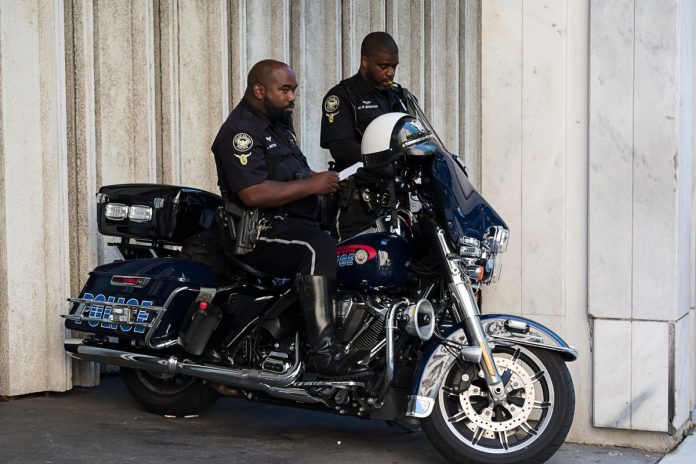Many people have heard the Miranda rights and know what they state. Read more about it when you click here. Even if they have never been arrested before, they can still see it in the movies or TV shows.
Watching episodes of Law & Order may enlighten you about what happens during an arrest. But for some people, the law should not be based on TV. Miranda rights are named as such because of the famous case back in an Arizona Supreme Court case.
That was the first time that an arrestee had the right to the Fifth Amendment against incriminating themselves. This means that if the Miranda Rights were said and you were the arrestee, the interrogation should stop immediately if you wish to remain silent.
The questioning will continue once an attorney is present. If you cannot afford to pay for a lawyer, the state will provide you with one.
How Do Miranda Rights Protect You?
The right serves as your protection from the arresting officer. When you are silent, they can’t find a way to abuse you or accuse you of crimes. It protects you from aggressive questioning, and you can invoke the right to remain silent.
You are also given a chance to have counsel. When you have a lawyer, you will know what to say and the things that you shouldn’t say when you are being questioned. Some qualified lawyers can also help you with bail bonds if you can be free before trial.
You can read about posting bail on this website. If there are petty crimes involved, you will be less likely to be found guilty if you remain silent.
If you say something and the police find out that it can be a hole in your story, you might lose the chance to post bail and be free in the meantime.
Related: Car Accident Attorney Los Angeles Cz.law
Where did everything originate?
Once upon a time, there was a man named Ernesto Miranda who lived in California. He was involved in a series of felonies in the 1960s.
When the arrest happened, the officers at the time did not need to inform the arrestee about their human rights. Ernesto was aggressively questioned so that he could be convicted.
However, the lawyer contended in the Supreme Court that the arrestee was not informed, and he didn’t understand his rights during the time that the police were questioning him.
Later on, the Supreme Court handled the case, and the 1966 decision was born. Any defendant being arrested should know his rights before any interrogation happens.
Read more about it at this link:https://www.thoughtco.com/miranda-rights-and-warning-972920.
Related: Personal Injury Lawyer Los Angeles czrlaw.com
Things to Remember During an Arrest
The key to getting over a detainment process is to be calm. You should not resist the police, and you should follow instructions. Know that you have the right to be silent and to refuse to answer questions until a lawyer is present.
The officers should be treated with respect, and hopefully, they will be the same to you. It can be frightening to be arrested, especially if you are in the wrong place at the wrong time. But if you know what to expect, things can go a little smoother.
Also Read: Maryland Personal Injury Lawyer Rafaellaw.Com Review
Common Misperceptions
Most people commonly misunderstand that they can get out of jail when Miranda rights are not read at the time of arrest. They believe that this is some card that can “make them walk out of jail free as a bird.”
It is essential for people accused of a crime to understand that Miranda rights only apply when the prosecutor wishes to use any word that they say against the arrestee in court.
This is part of the criminal case procedures. If there’s a statement made that implicates the defendant and the sentence suggests that the crime was done, this statement will not be valid in court unless the Miranda rights were read prior.
Note that there are several exceptions to this rule. The prosecution can use the defendant’s statement without having to read the defendant’s Miranda rights if the defendant fully admits to the crime, and this was not in response to any questions from the officer.
Related: Car Accident Lawyer Baltimore rafaellaw.com
Some people are so nervous that they make extemporaneous statements that can incriminate them. There are also situations where a person is too drunk and is detained.
A police officer may make a comment such as, “I can’t believe that this guy got drunk during curfew hours. He’s even seen loitering around the neighborhood.
What was he thinking?” The person in the backseat may respond upon hearing this statement: “I only had seven drinks. I’m not drunk.”
The statement can be used against him because he said something that is not a response to a question.
For more information and updates about Latest Law NEWS and “Miranda Rights During an Arrest,” keep visiting CRECSO NEWS Magazine. Follow us on Facebook and Instagram.











